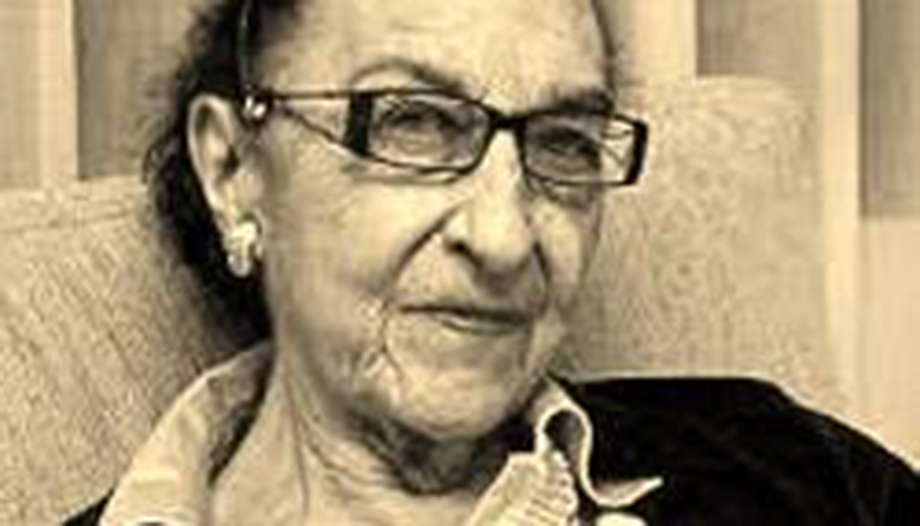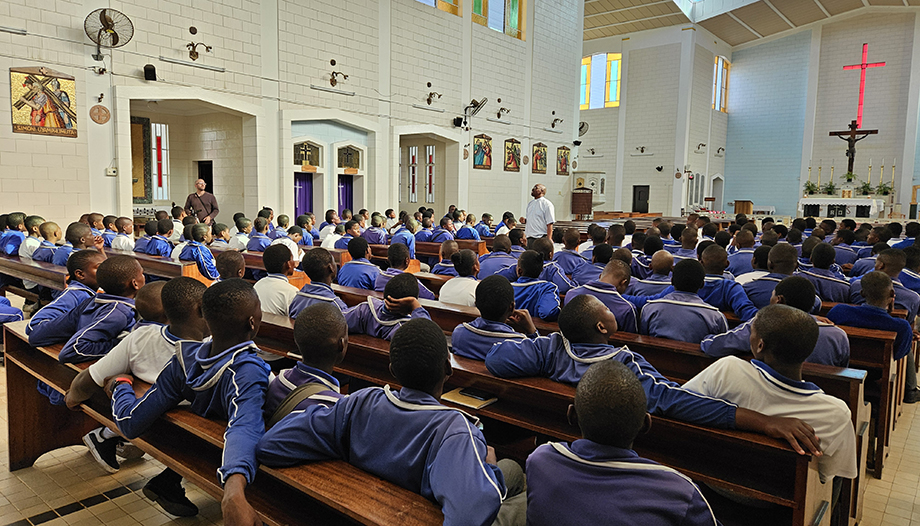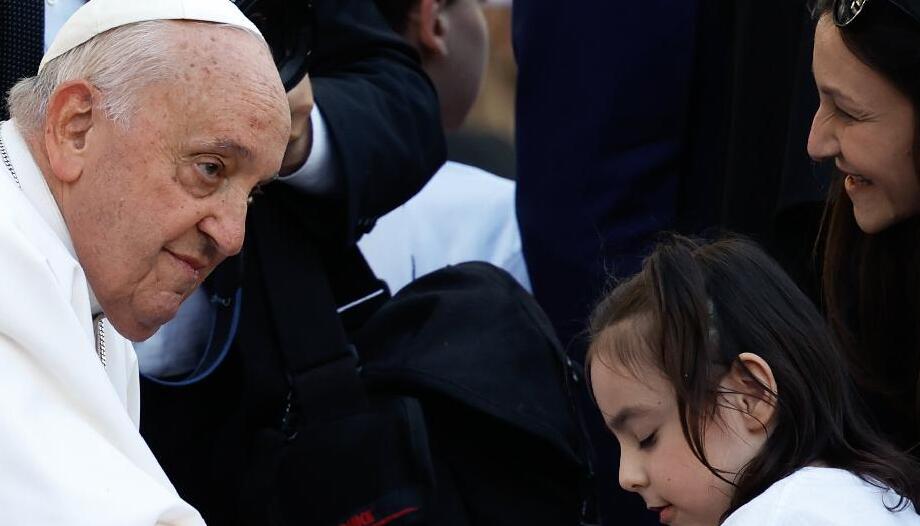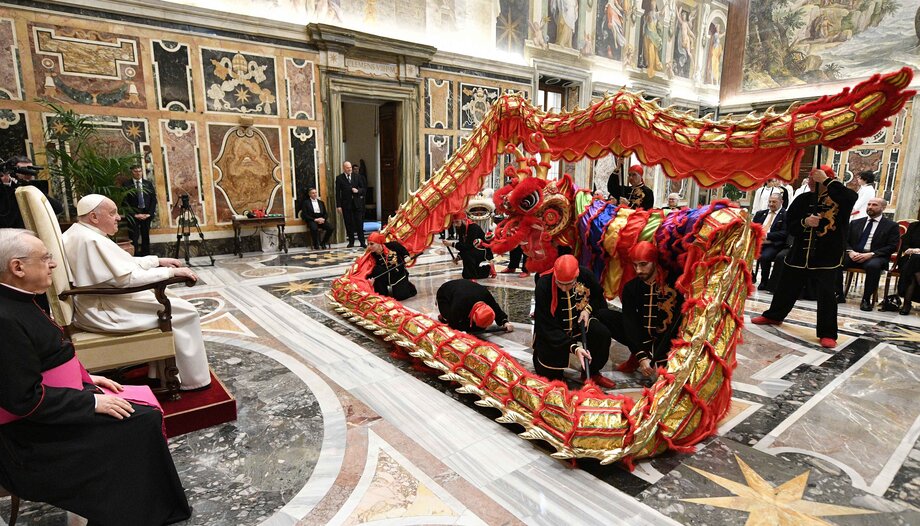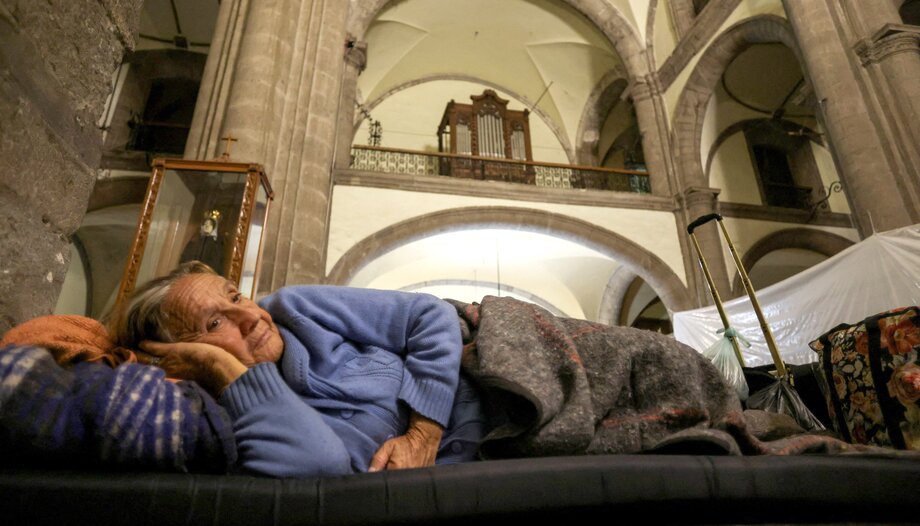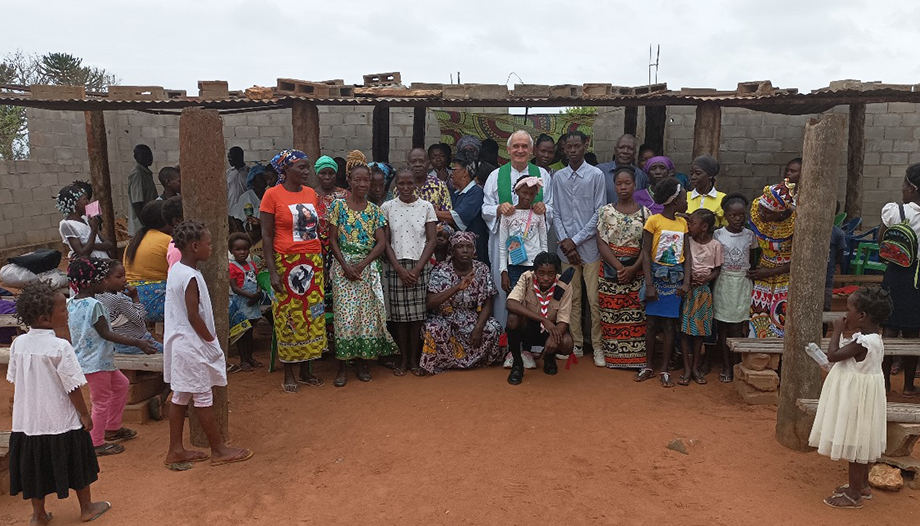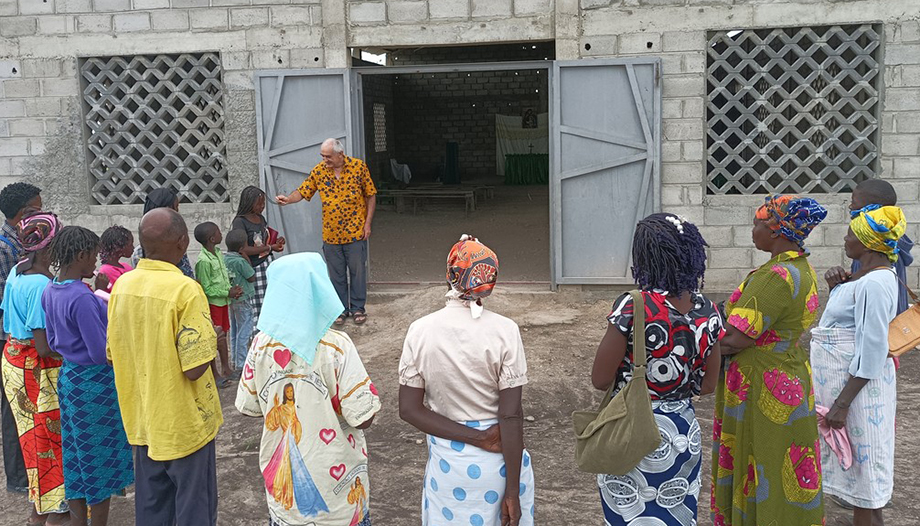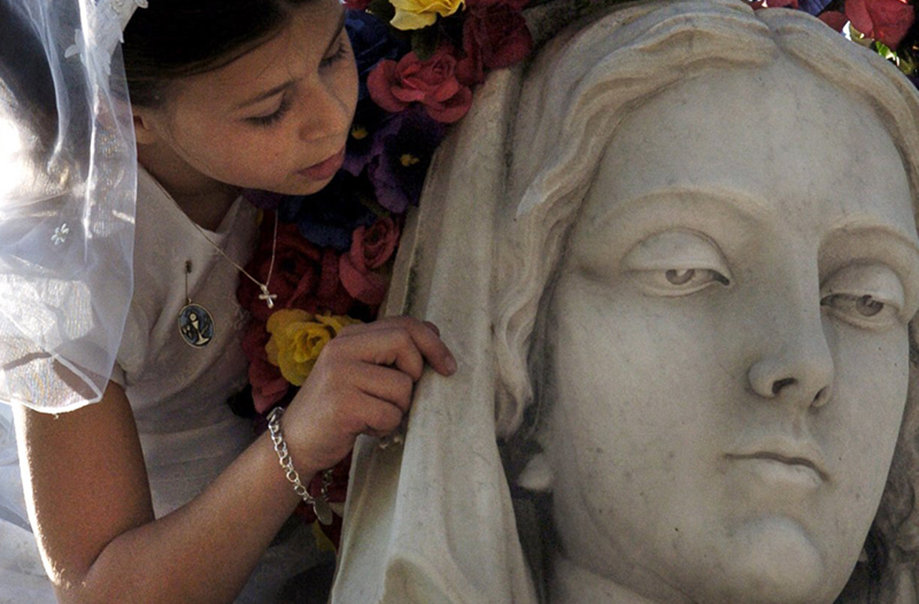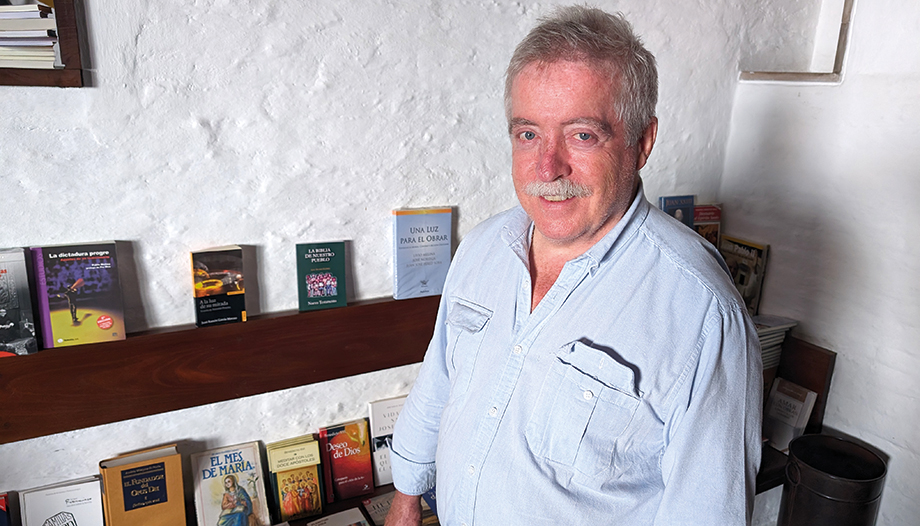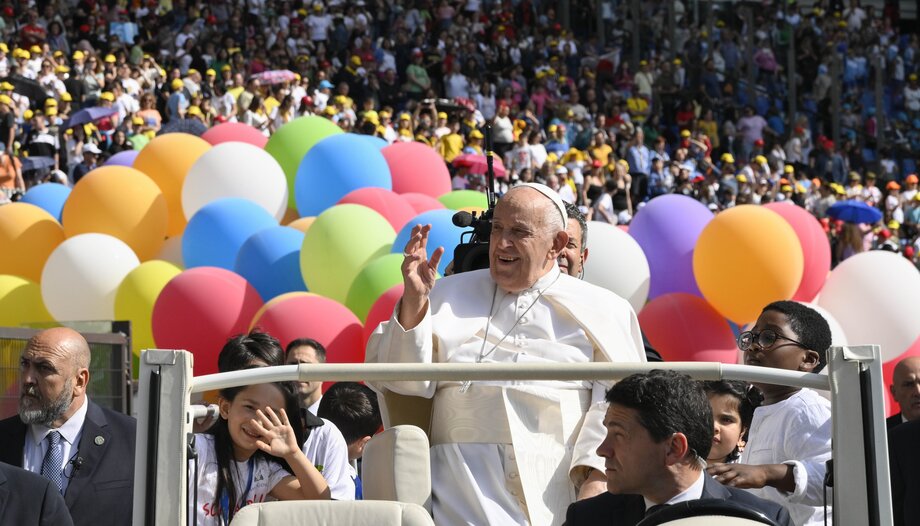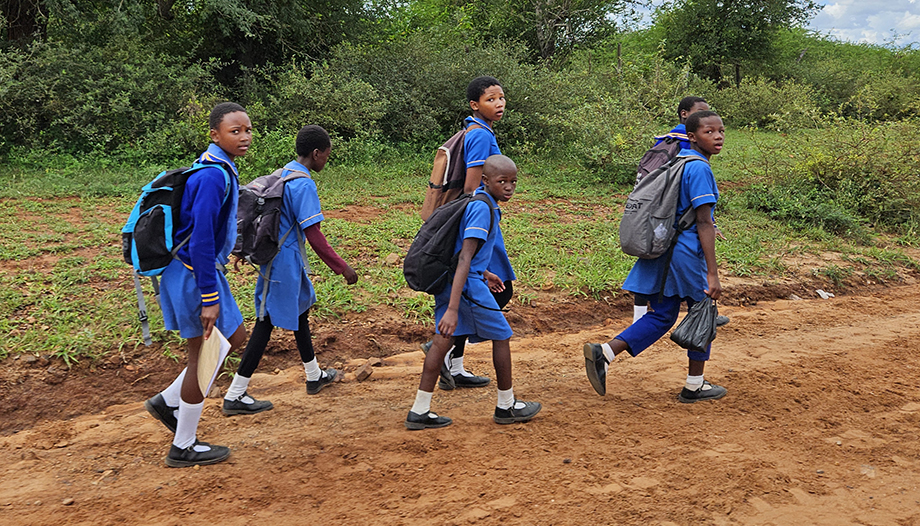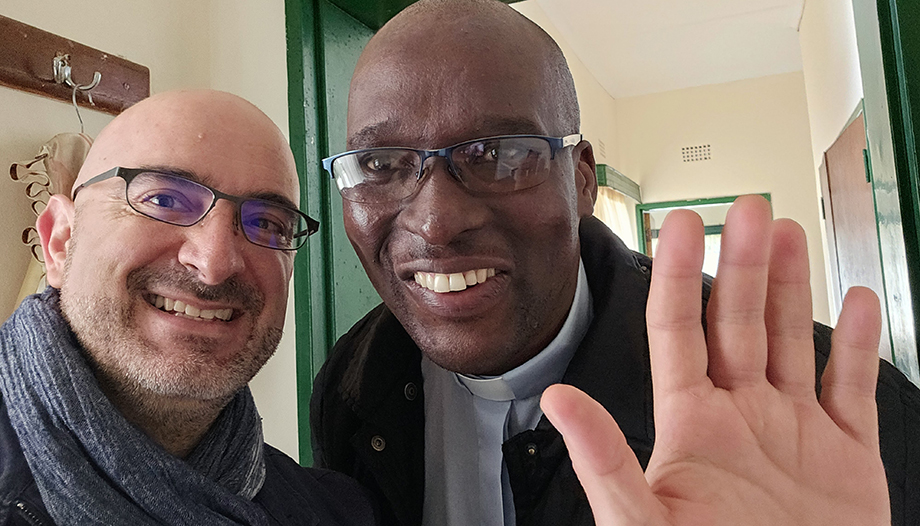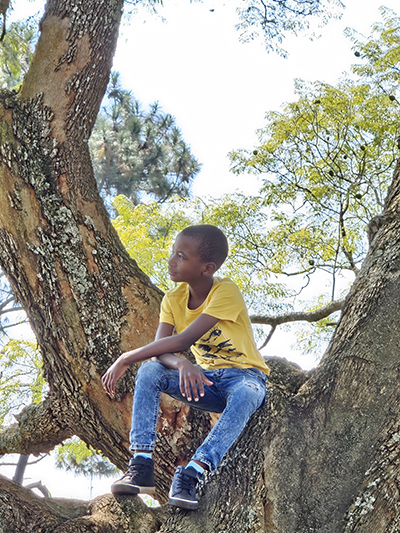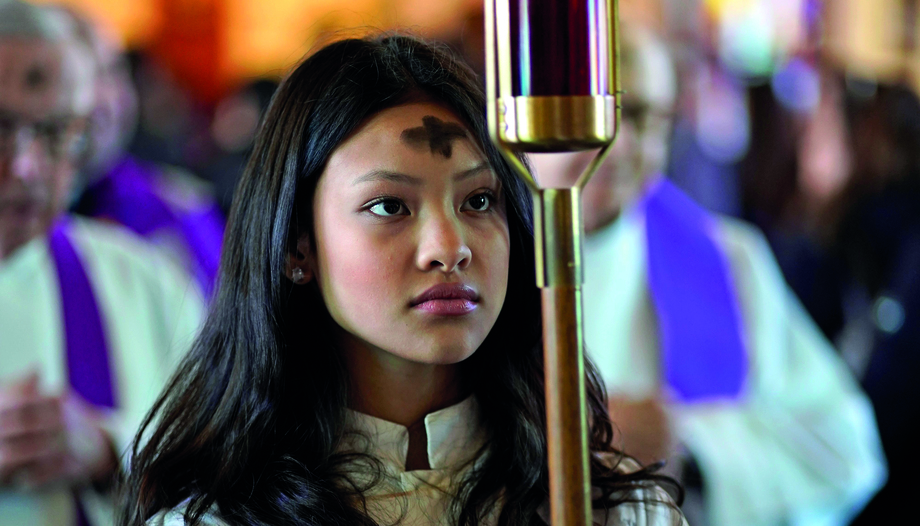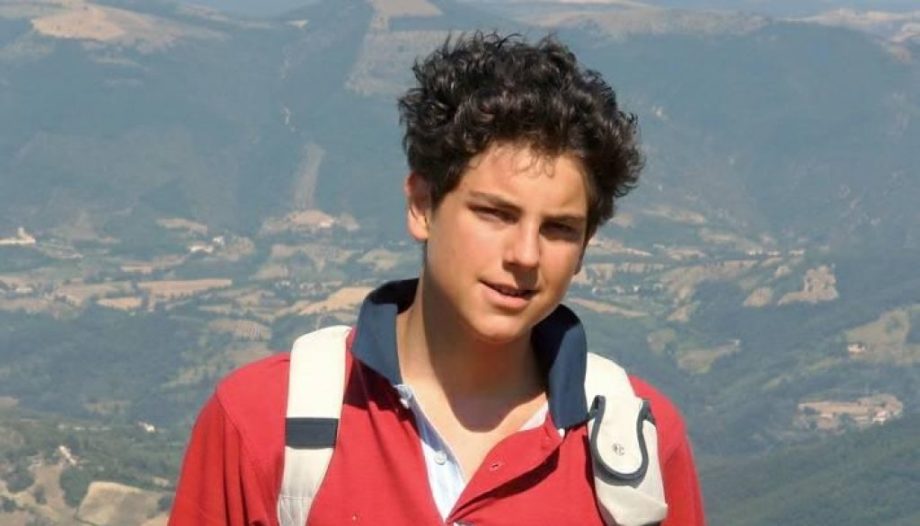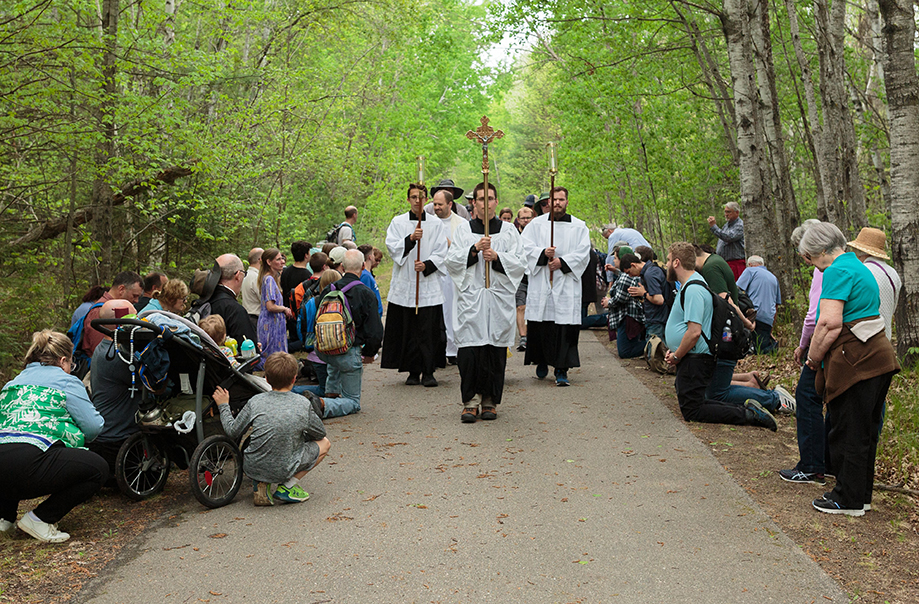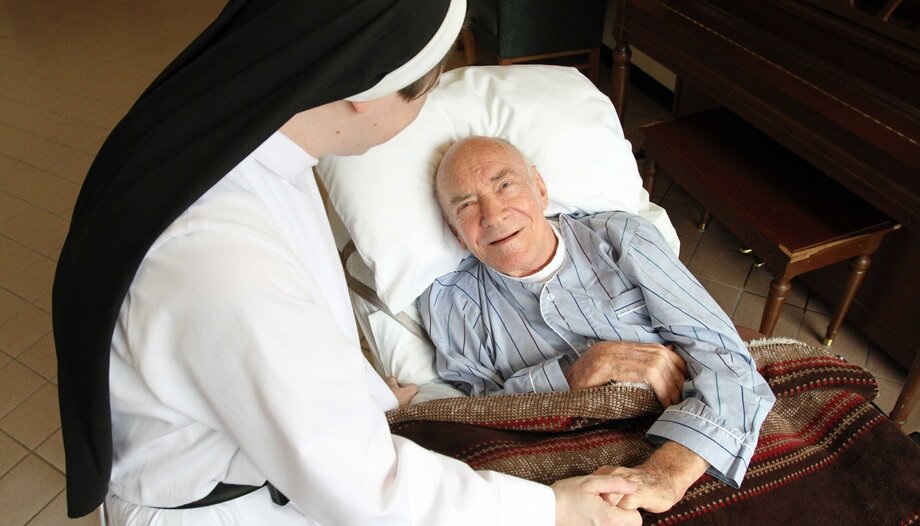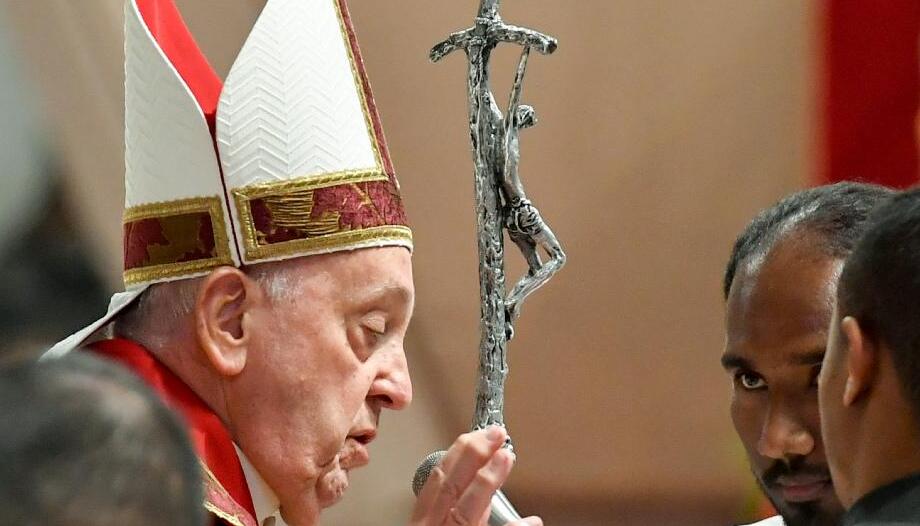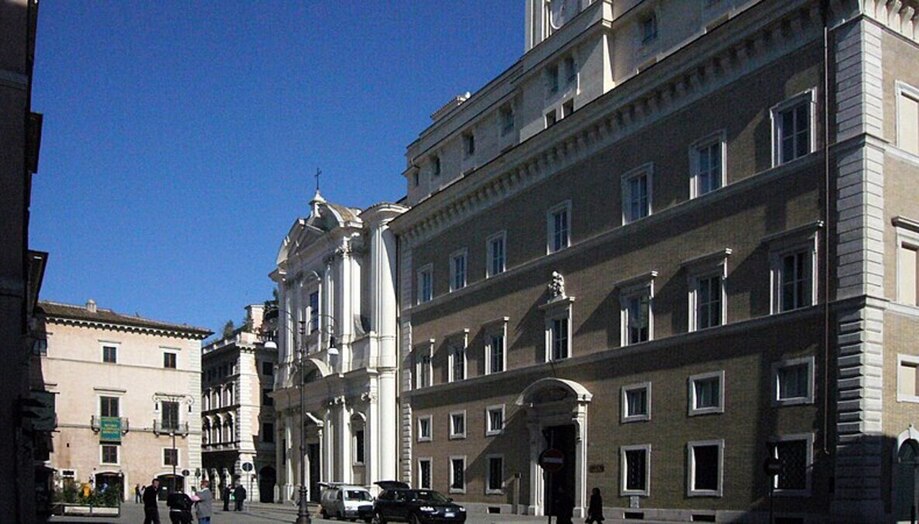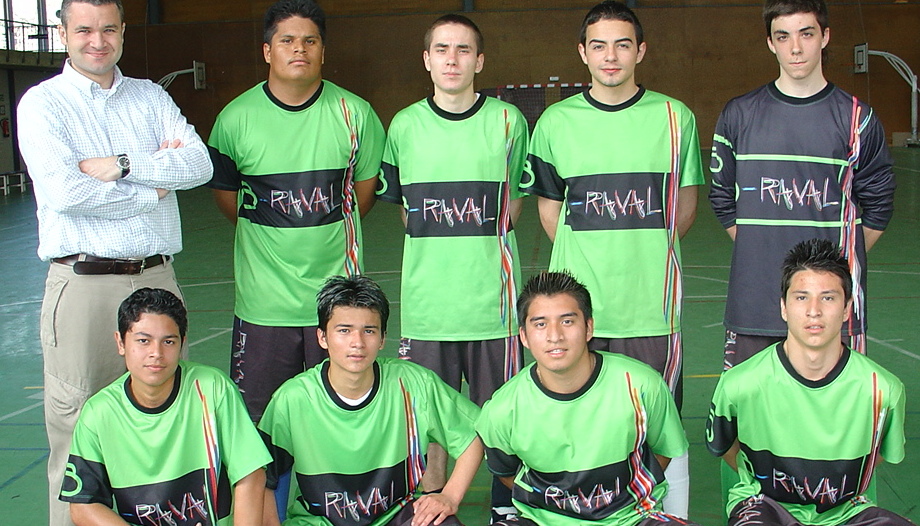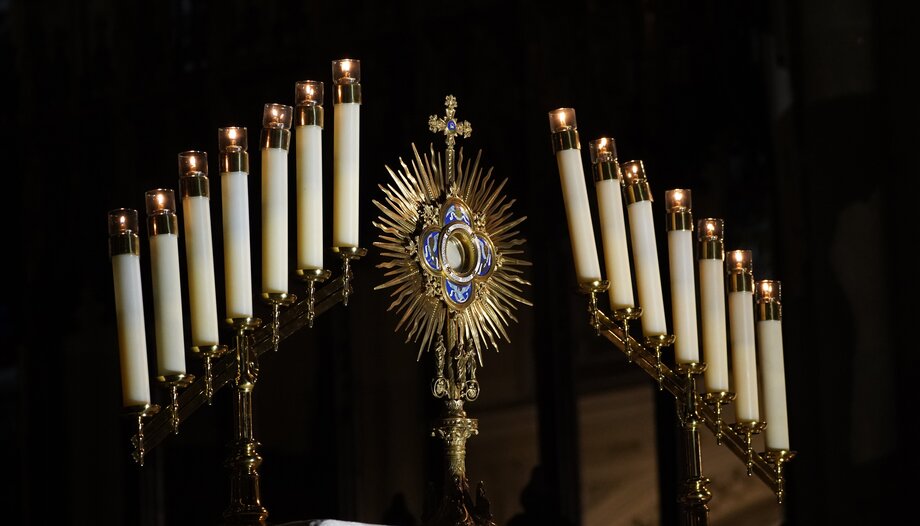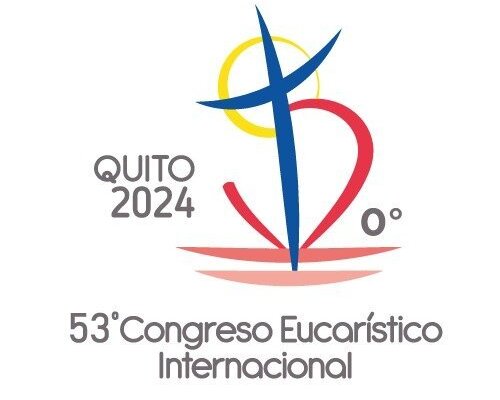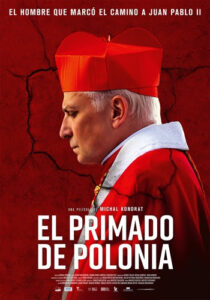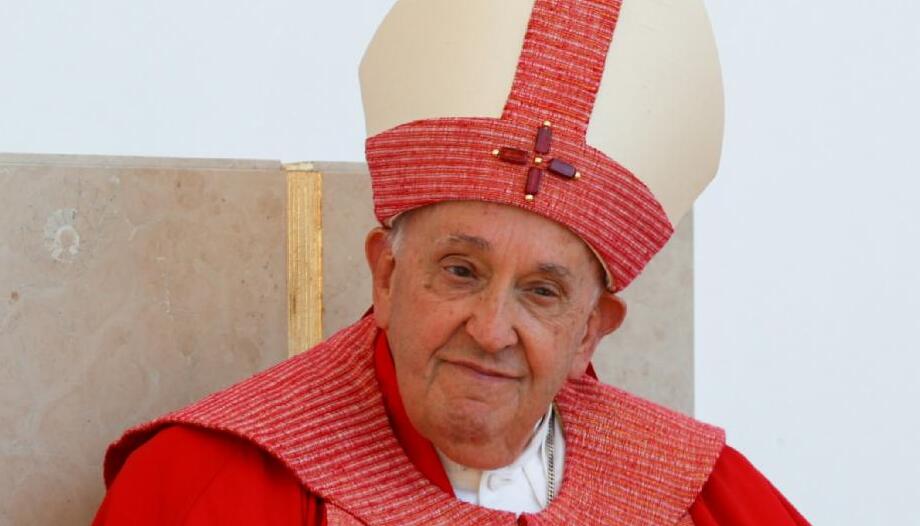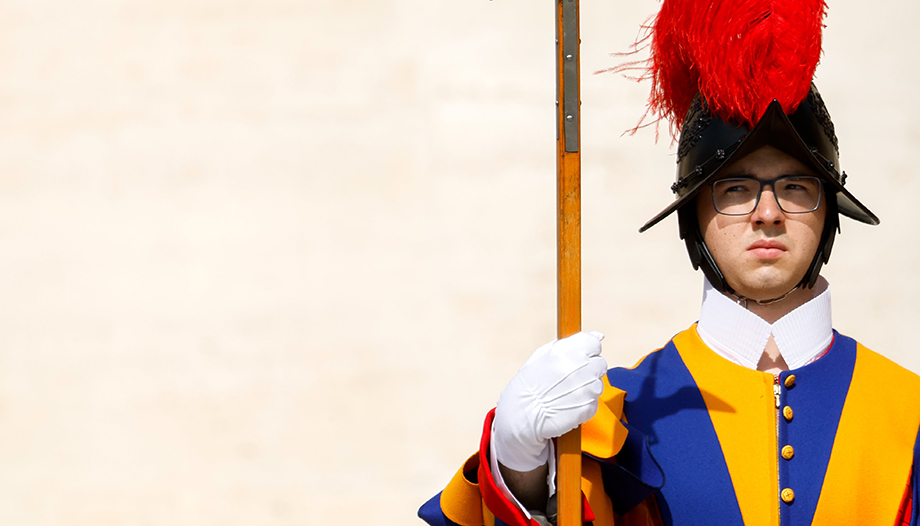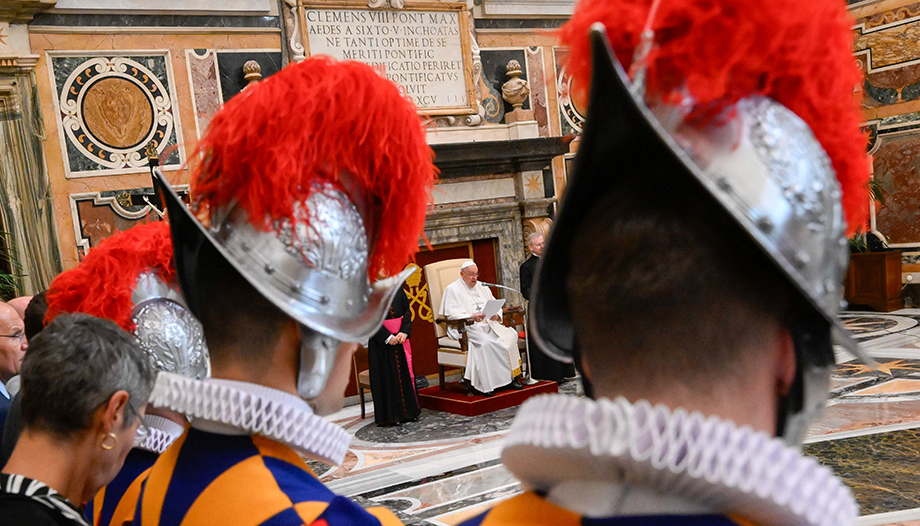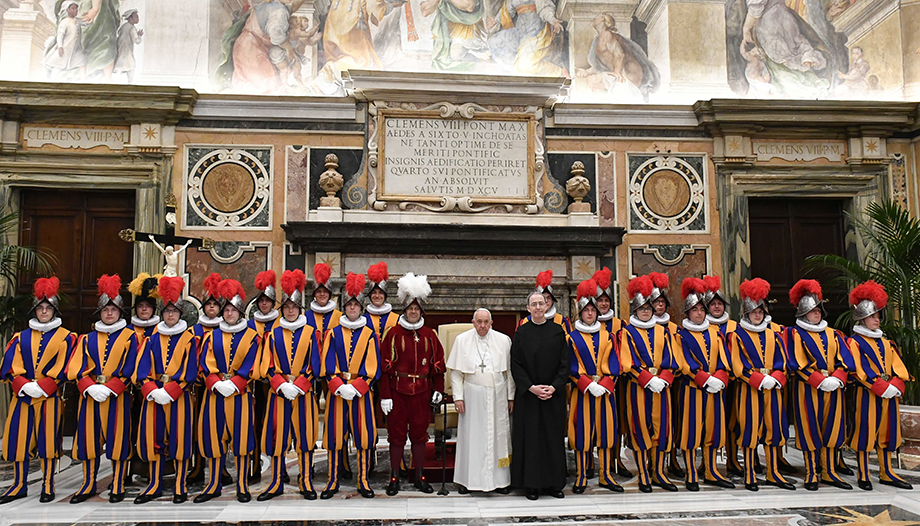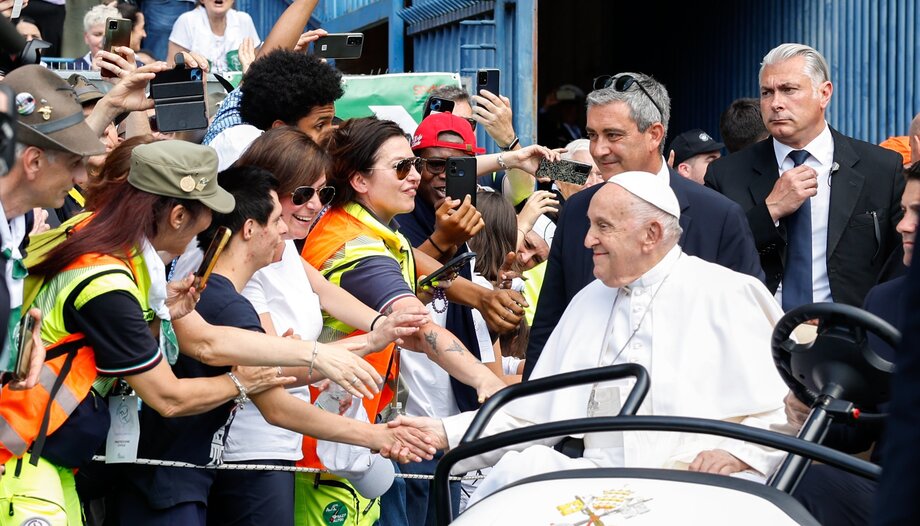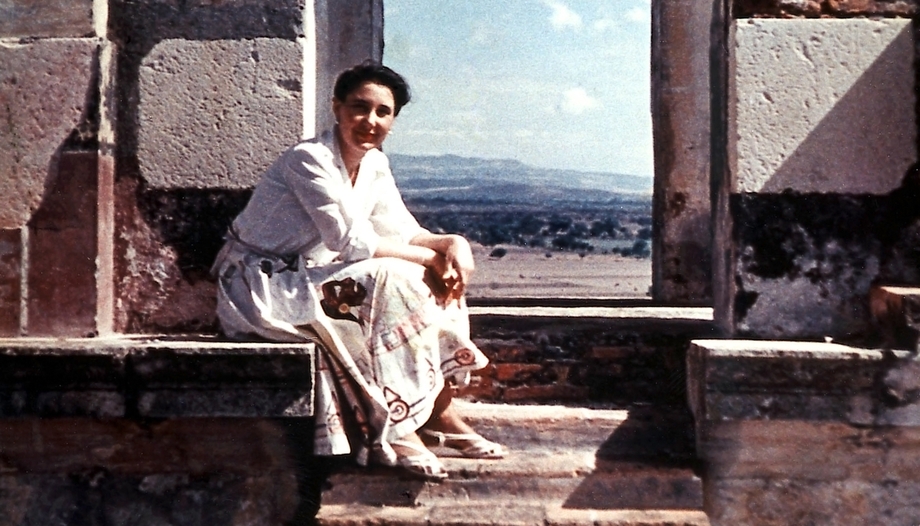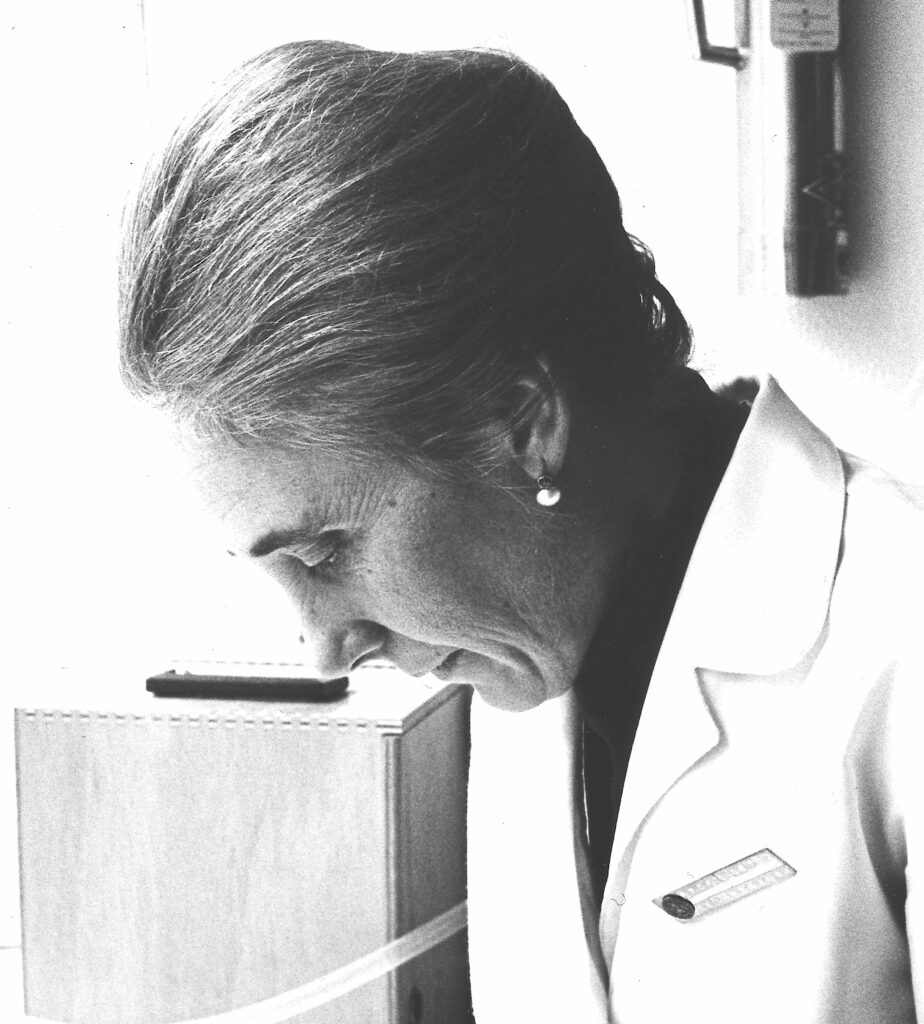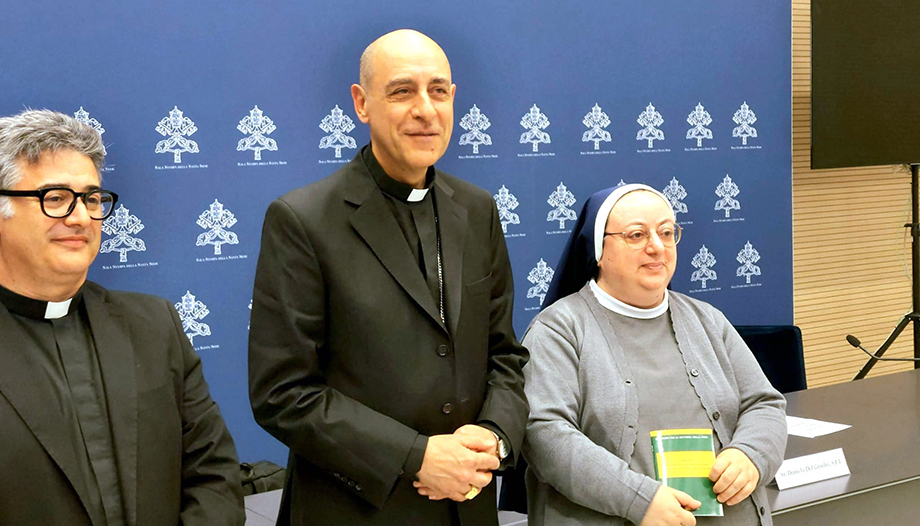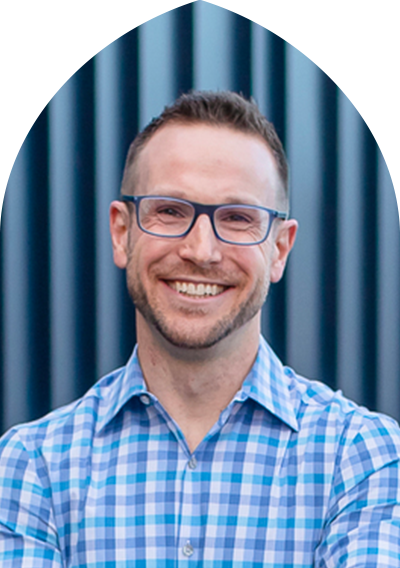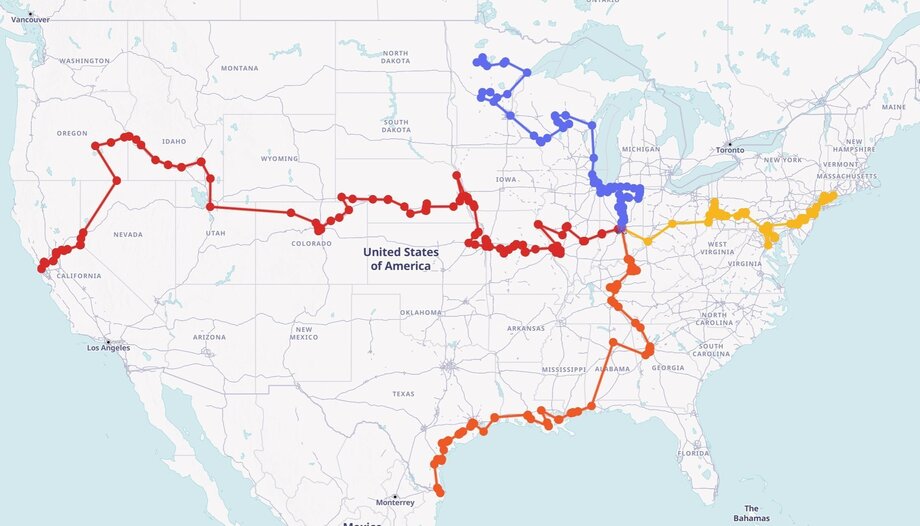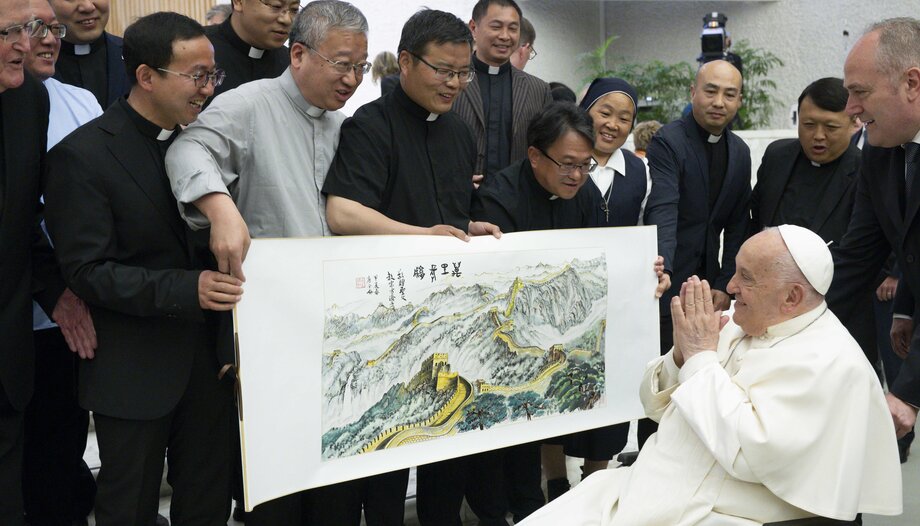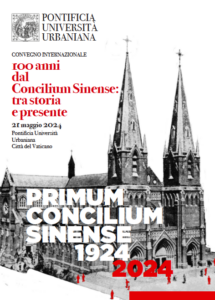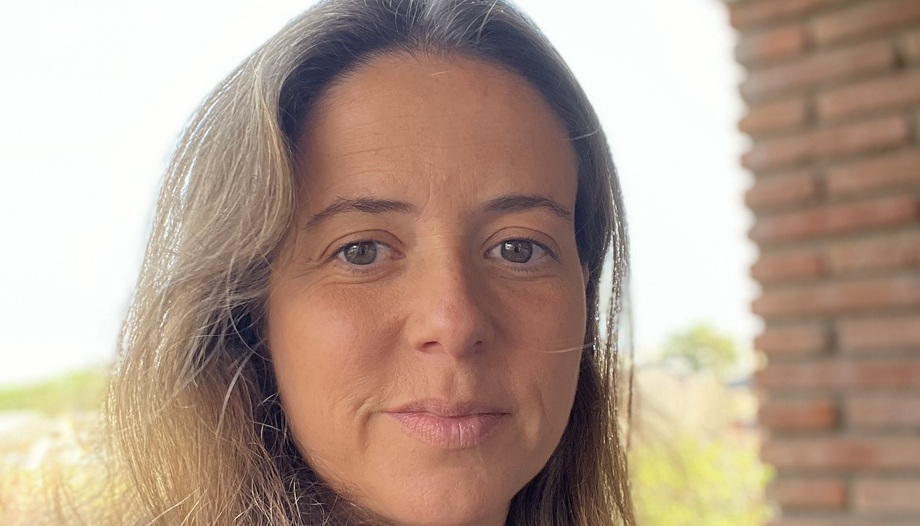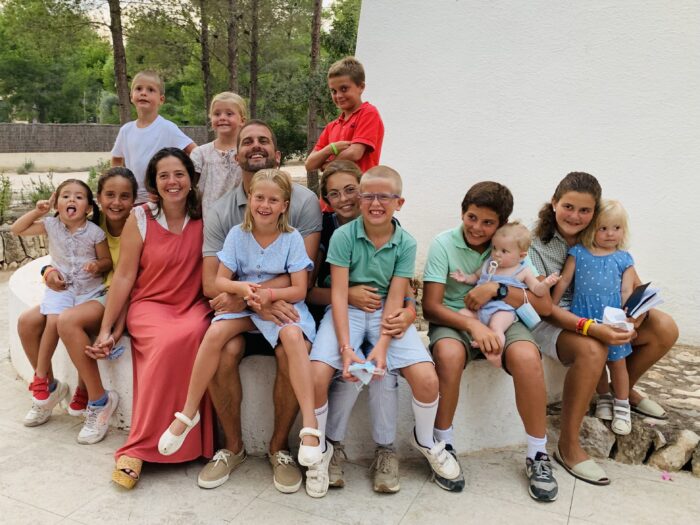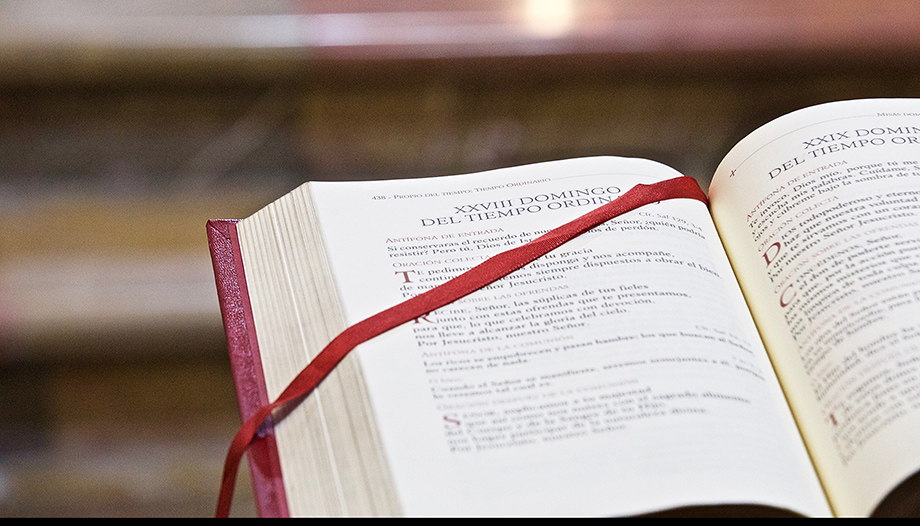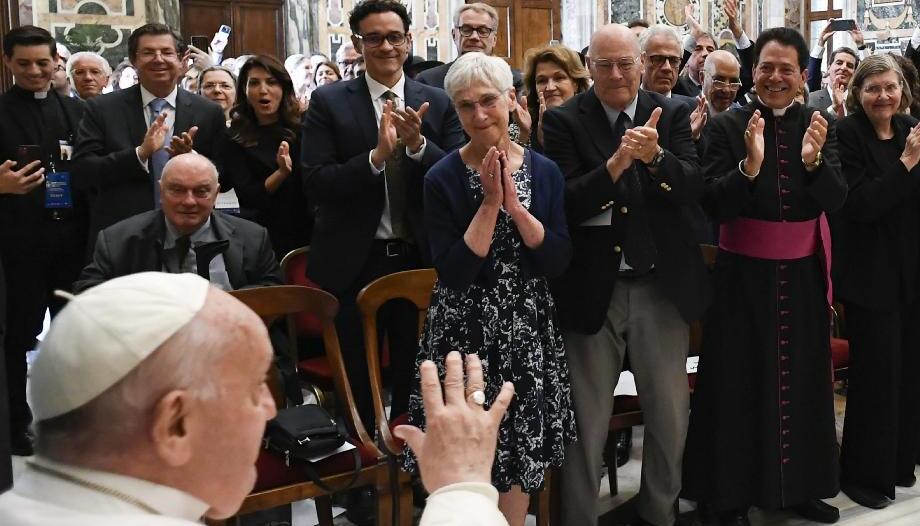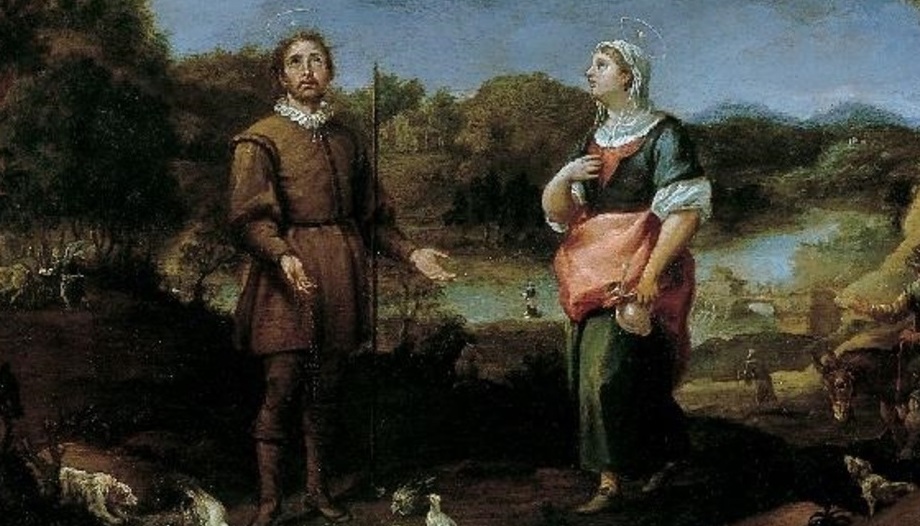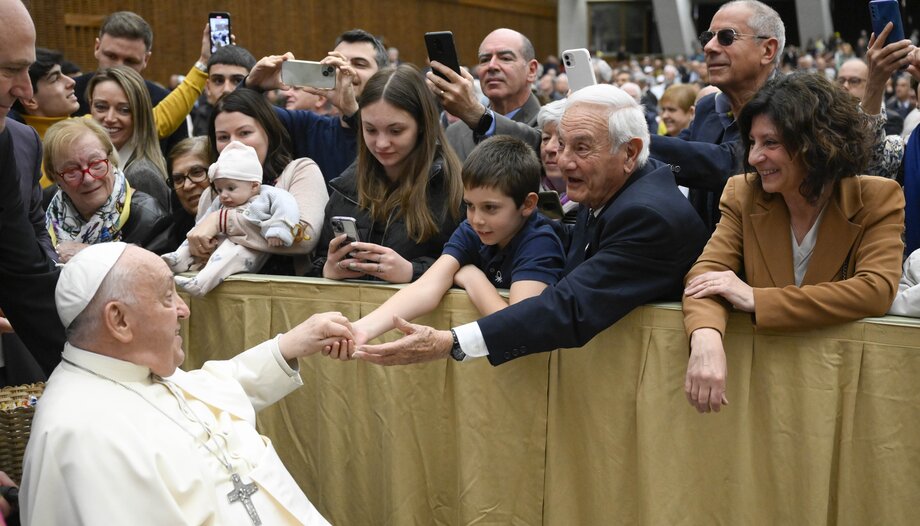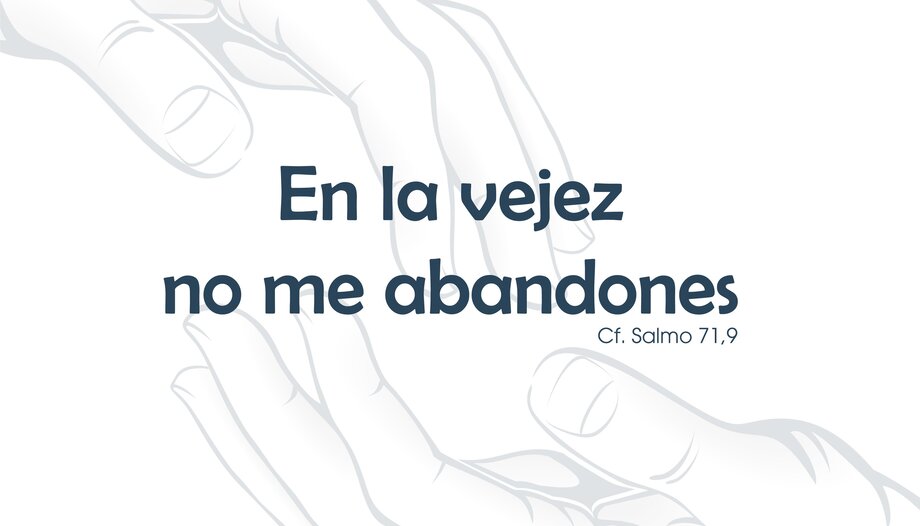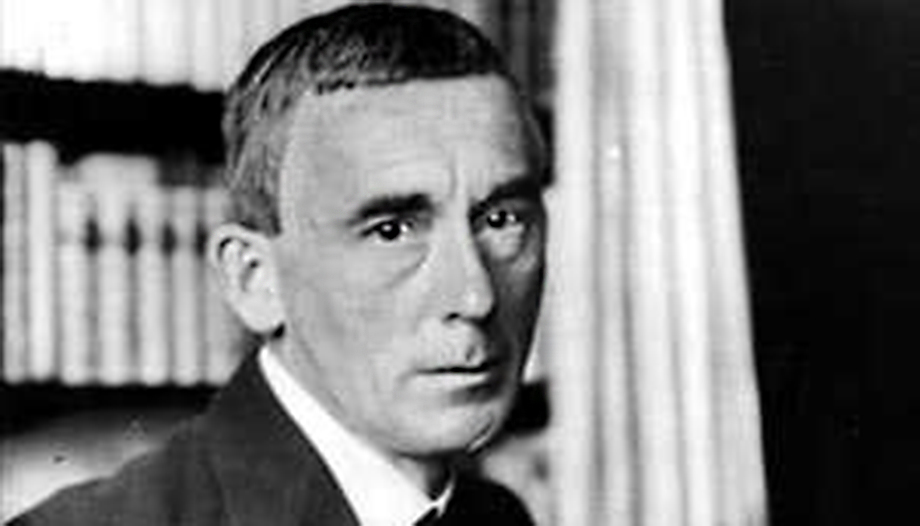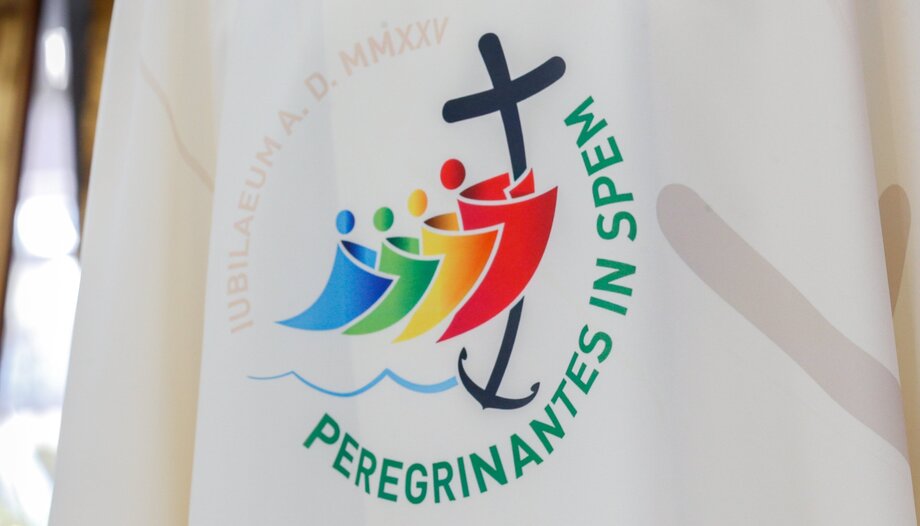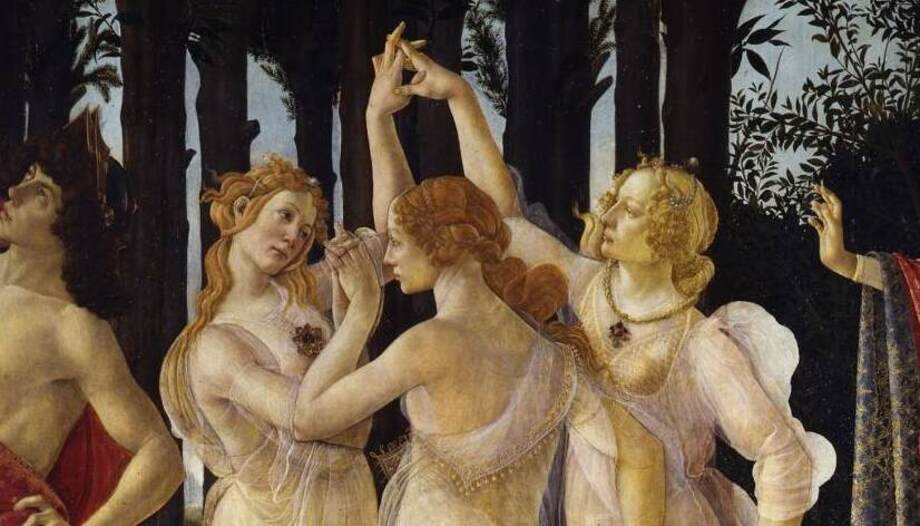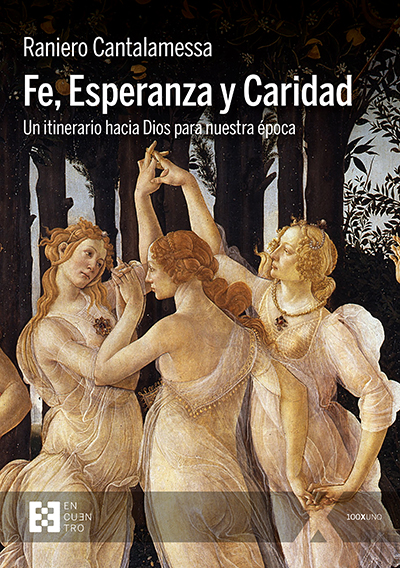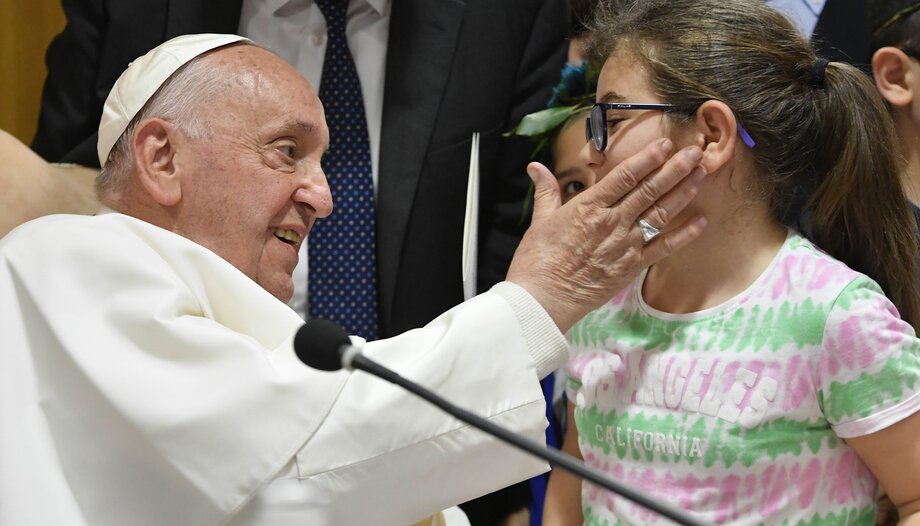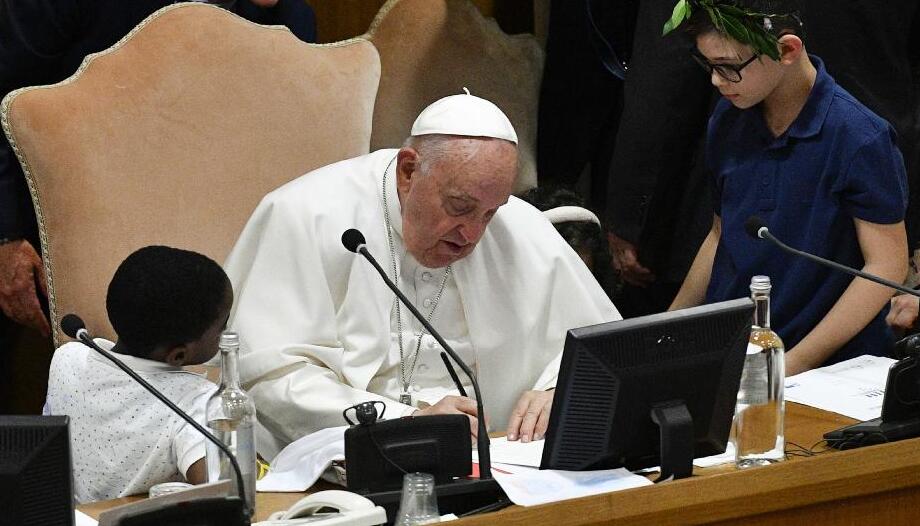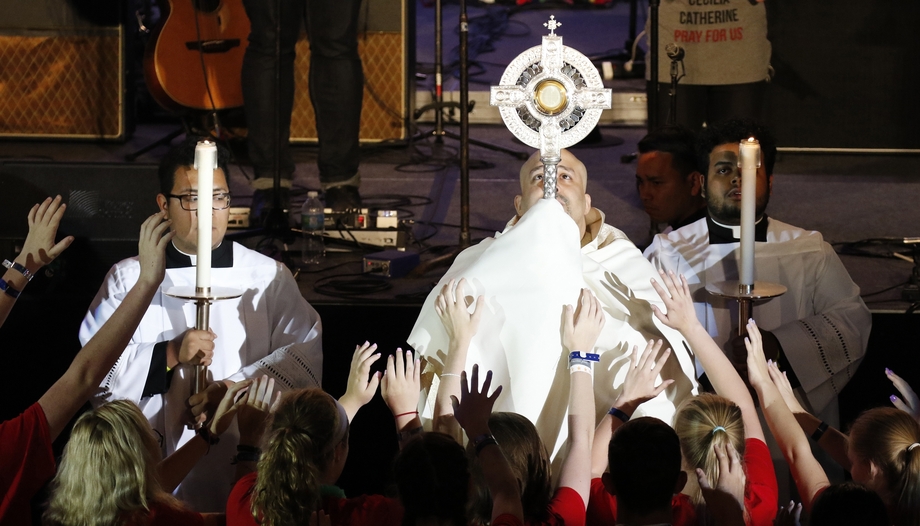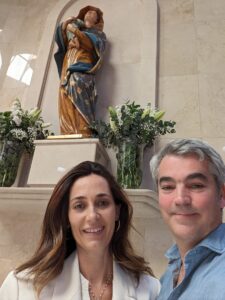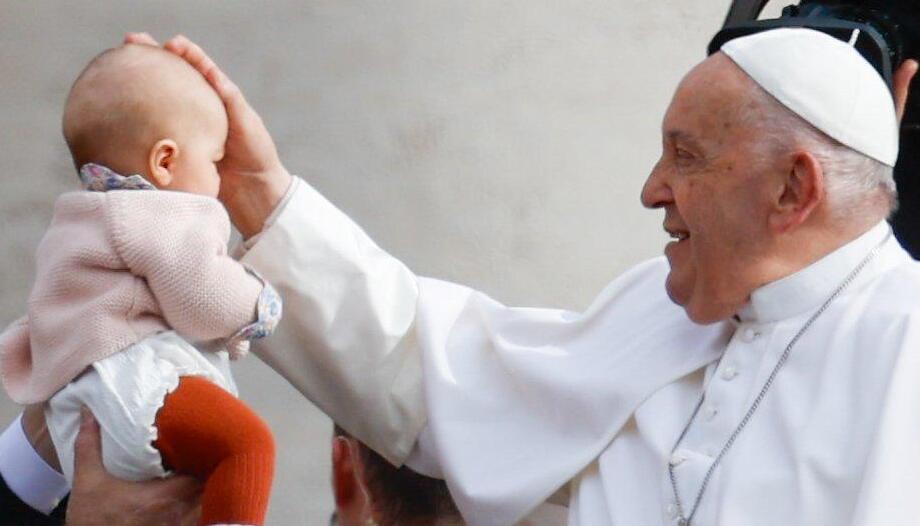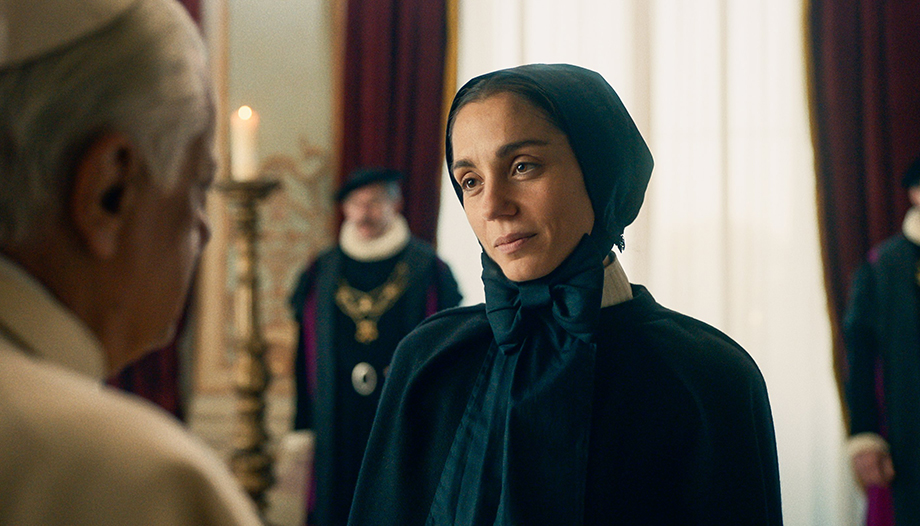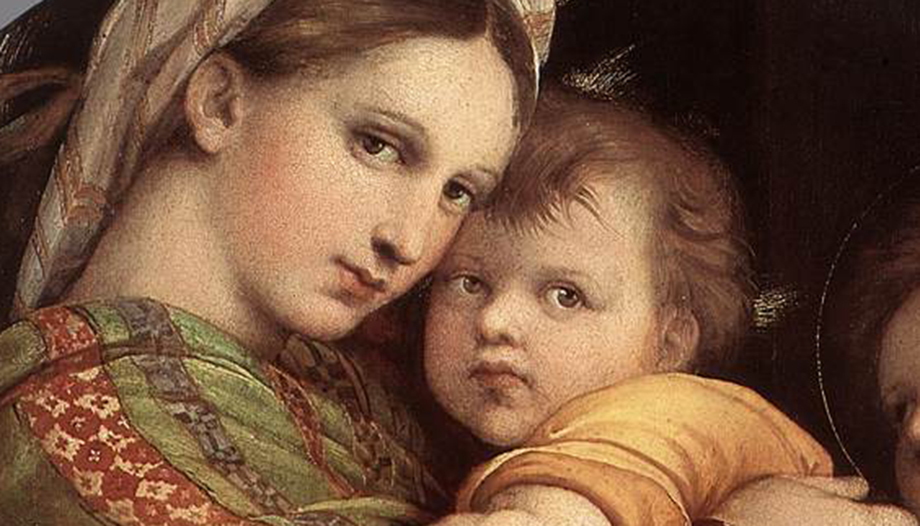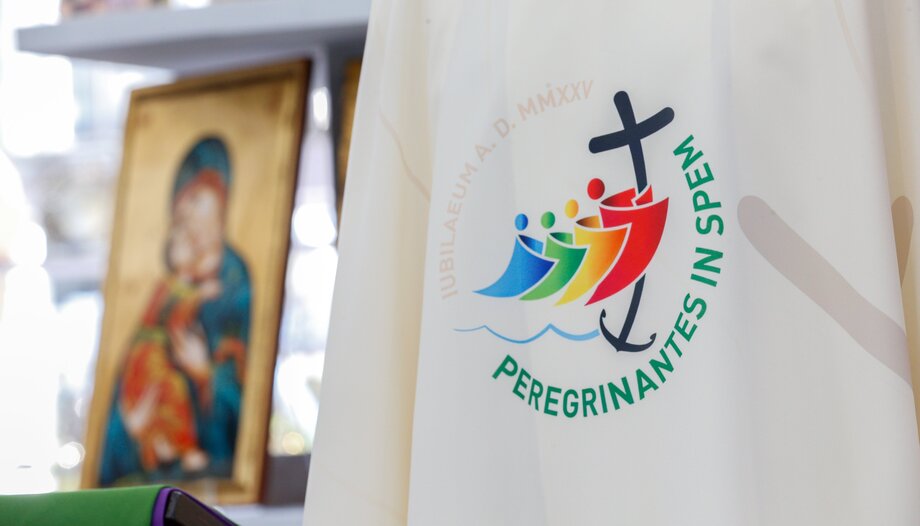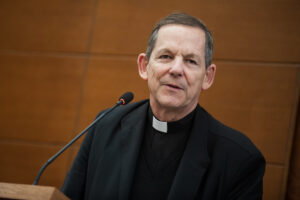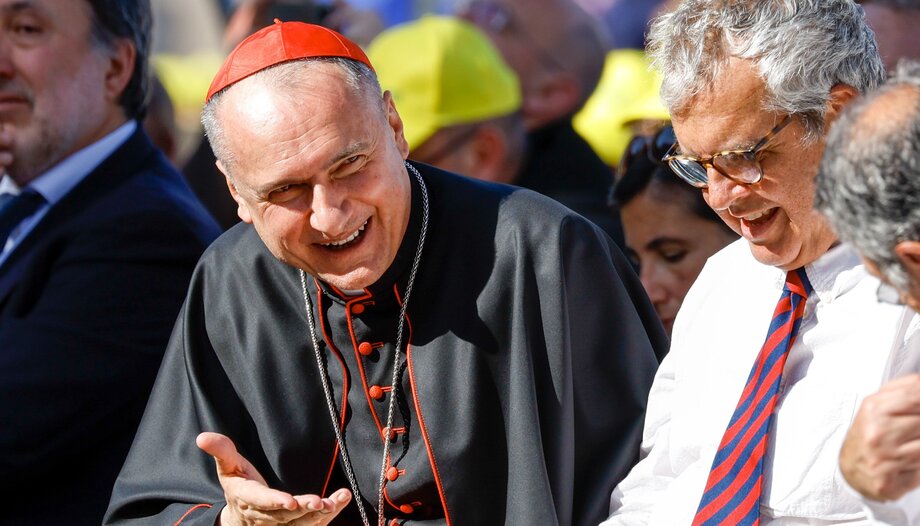In the previous article, We are called upon to deal with God's forgiveness, as we dedicate ourselves to forgiveness among people.
To speak of forgiveness presupposes the existence of sin. Only if we recognize that we offend God-that we sin-can we come to understand the greatness of God who forgives us.
Our purpose in addressing this topic is to help parents and educators to educate their children and students in gratitude to God, who is always ready to forgive us, and in repentance - sorrow for the offenses committed - which leads them to go to confession, the sacrament that reconciles us with Him.
One of the constants of Revelation is God's forgiveness, a manifestation of his infinite love for man -for every man-. Let us look at some examples found in the Gospels.
Jesus Forgives Peter and confirms him in his mission
We will begin with an endearing episode that took place, very early in the morning, on the shore of Lake Tiberias. St. John, who witnessed it all, tells us about it in the last chapter of his Gospel.
A group of Jesus' disciples had spent the whole night fishing, but they returned empty when it was already dawn. Then "Jesus appeared on the shore; but the disciples did not know it was Jesus. Jesus said to them, 'Boys, have you any fish?' They answered, 'No.' He said to them, 'Cast the net on the right side of the boat, and you will find some. They cast it, and could not pull it out, because of the multitude of fish.
And they pulled 153 large fish.
Then, after roasting some fish on the coals that He Himself had prepared, "Jesus comes and takes the bread and gives it to them, and the fish likewise," although none of the disciples dared to ask Him who He was, for they knew well that it was the Lord."
After the meal a moving conversation takes place between Jesus and Peter:
-He answered, "Yes, Lord, you know that I love you. Jesus said to him, 'Feed my lambs'. A second time he asked him, 'Simon, son of John, do you love me?' He said to him, 'Yes, Lord, you know that I love you'. He said to him, 'Shepherd my sheep'. For the third time he asks him, 'Simon, son of John, do you love me?' Peter was saddened that he asked him a third time, 'Do you love me?' And he answered him, 'Lord, you know everything; you know that I love you'. Jesus said to him, 'Feed my sheep' ".
In contemplating this scene, it is impossible not to look back at another episode that occurred a few days earlier, in the courtyard of the High Priest's house, when Peter denied knowing Jesus three times. "Then Peter remembered the words that Jesus had said to him, "Before the cock crows twice, you will have denied me three times." And he burst into tears." When Jesus asks Peter three times: "Do you love me?", he is telling him that he forgives his betrayal and that if he loves him, everything will be erased and the promise he made him some time ago in the region of Caesarea Philippi will stand: "You are Peter, and on this rock I will build my Church, and the gates of hell will not prevail against it" [Mt 16:18]. This is how Peter understood it, who "was saddened because he asked him for the third time: 'Do you love me?'", publicly demonstrating his repentance for the triple denial and his great love for his Master and Lord.
Here we have, therefore, the three essential elements of God's forgiveness: there is a guilt that man recognizes as his own; there is repentance - taking care of the examination of conscience - and a request for forgiveness to God, who is the one who has been offended; and God always forgives completely - "The guilt of Israel shall be sought for, and there shall be none, and the sin of Judah, and it shall not be found" [Jeremiah 50:20] - and forever - "And when they are forgiven, the LORD will remember their sins no more" [Isaiah 38:17].
With God's forgiveness, no trace of sin remains: "And if your sins are as scarlet, they shall be white as snow; and if they are red like crimson, they shall be as wool" [Isaiah 1:18]; and God's grace - his friendship and trust - is restored.
Jesus also offered Judas Iscariot forgiveness for his betrayal, calling him "Friend" even though he knew that his kiss was the sign agreed upon with those who came to arrest him: "Friend, do what you have come to do" [Mt 26:50]. But Judas did not repent - he and God know what happened in his heart - and, as far as we know, he could not be forgiven.
When he did not accept the trust that the Lord offered him, continuing to live no longer made sense to him, and he hanged himself. This same danger would threaten us if we were afraid of not being forgiven. Let us always trust in God's forgiveness.
Jesus forgives the good thief and promises him heaven
When they came to Calvary, there they crucified Jesus and two other malefactors, one on his right and the other on his left.
-Father, forgive them, for they know not what they do," Jesus exclaimed. [Lk 23:33]
One of the wrongdoers reviled Jesus, while the other rebuked him and made public his repentance for the misdeeds they had both committed:
-We are here justly, because we get what we deserve for what we have done; but this one has done no wrong," he said to his companion.
-Jesus, remember me when you come into your Kingdom," she asked Jesus, assuming her kingship.
-Truly I tell you, today you will be with me in Paradise," the Lord answered him.
[Luke 23:42-44]
Here is another lesson in God's forgiveness. Jesus, already hanging on the cross, asks the Father to forgive all those who are insulting and tormenting him "because they know not what they do".
I know of no one, before Jesus, who has been so indulgent and compassionate with his accusers and executioners. He is able to do it, and He does it, because He is true God; and if He is hanging on the cross it is only by His own choice, because He has chosen this way of redeeming us.
For his part, the "good thief", who is clear that Jesus should not have to be on the cross - "this one has done no wrong"-, repentant of his past bad life, asks him: "remember me when you come into your kingdom". And the Lord immediately answers his request: "today you will be with me in Paradise".
Jesus Christ has earned for us the right to be forgiven
From the great truth that the good thief says to his companion, reprimanding him for his bad behavior towards the Innocent One, in the same condemnation as them: "We are rightly here, (...); but this man has done no wrong", we will try to understand, as far as possible, the mystery of the Passion of Christ.
Jesus, hanging on the cross between two evildoers, is the Second Person of the Blessed Trinity, who became man to carry out the plan of God-Father, Son and Holy Spirit-to rescue the human race from the power of sin and death. Already at the time of the Incarnation of the Son of God, the angel tells Joseph, the husband of Mary, that the child "you shall call his name Jesus, for he will save his people from their sins" [Matthew 1:21]. And what was God's plan to redeem us from our sins and free us from the power of the devil? To give his Son to give life to the world by his death: "On the tree he bore our sins in his own body, so that we, dead to sin, might live for righteousness." [1 Pet 2:24]. Let us see how Jesus traveled this road to Golgotha.
Jesus Christ decided to bear all sins, beginning with original sin and continuing with those committed by all men of all times. But be careful, he does not bear our sins as one bears a burden that one throws on one's back without making it one's own. No! In a mysterious way, without having any sin-he could not sin because he is God, and he did not commit any sin, as the good thief confessed-he took on all our sins: "God made him who knew no sin to be sin for us, so that in him we might become the righteousness of God," explains St. Paul in [2 Corinthians 5:21].
José Miguel Ibáñez Langlois, in his book "The Passion of Christ" of Rialp, reflects: "He must have done tremendous violence to carry in his heart what he hates most in this world, the only thing he hates: the anti-God, which is sin".
Our Lord took upon himself all the endless miseries, including the sicknesses with their hardships and limitations, of all men from Adam and Eve to the end of time: "He took our infirmities upon him, he bore our griefs. He was pierced for our iniquities, he was crushed for our sins" [Isaiah 53:4-5].
This is how we understand his terrible suffering in the Garden of Olives: we see him prostrate in the dust, in true agony under the unbearable weight of the sin of the world, "there came upon him a sweat like drops of blood falling to the ground", which leads him to ask the Father: "Father, if you are willing, take this cup from me!", and which ends in his definitive victory: "yet not my will, but yours be done" [Luke 22:42-44].
This was the way that Jesus chose to redeem us: the suffering of assuming all the sins of the human race and the extreme violence that he suffered throughout the Passion, until he died on the cross, constitutes a sacrifice pleasing to God because it is offered by God himself - the Son of God - and it redeems all men from their sins because it is the sacrifice of a Man - the Son of Mary - who offers his own blood as an offering pleasing to God. And only out of love, out of his infinite love for mankind.
Our Lord, being one of us, has earned for us the right to be forgiven by God and opens for us the doors to the Kingdom of Heaven.
The Passion of Christ is the most important thing that has ever happened to each of us in our lives. For this reason, our response to the Lord's self-giving can only be gratitude, and following Him in carrying out the mission that He has entrusted to us.
Apologizing is not the same as asking for forgiveness.
In a celebrated essay entitled "Forgiveness, C. S. Lewis explains that there are important differences between asking for forgiveness and apologizing. He puts it this way:
"In my opinion, we often misinterpret the forgiveness of God and of men. As for God, when we think we are asking for forgiveness, we often want something else (unless we have observed ourselves carefully): in reality, we do not want to be forgiven, but to be excused, but these are two very different things.
To forgive is to say "Yes, you have committed a sin, but I accept your repentance, at no time will I use the fault against you and between the two of us everything will go back to the way it was". On the other hand, to apologize is to say "I realize that you couldn't help it or you didn't mean to and you weren't really guilty". If one has not been truly at fault, there is nothing to forgive."
Sometimes we men deceive ourselves by apologizing -for example, by inventing extenuating circumstances- when what we really need is to be forgiven. When we want God's forgiveness, it is important for us to be clear that, if an action requires forgiveness, an excuse is not enough.
God always forgives
In his Gospel, St. Luke gathers three parables on mercy and forgiveness, culminating in the most beautiful one, that of the "prodigal son" [Luke 15:11-32], which we have chosen to conclude.
The youngest son asked his father: "Father, give me the part of the estate that corresponds to me". Once he received his inheritance, he left for distant lands and squandered "his fortune living luxuriously". Then he began to suffer all kinds of hardships, and even starvation.
Then he decided to return home and ask for forgiveness: "Father, I have sinned against heaven and against you; I am no longer worthy to be called your son; treat me as one of your hired servants". The father, delighted to have him back, organized a banquet to celebrate his son's return home.
When the eldest son returned from the field, having heard the reason for the feast, he was indignant and did not want to enter it. His father went out to meet him and, after listening to his complaints, said: "Son, we should celebrate and rejoice, because this brother of yours was dead and has come back to life, he was lost and has been found".
I think that this illustrates well the infinite mercy of God, who is always willing to forgive the man who comes to him in repentance to ask forgiveness for his sins.
A forgiving God
"God manifests his power, not by creating, but by forgiving", prays the Church [Sunday XXVI T.O.]. "You will cast all our sins into the depths of the sea" [Micah 7:19].
Jesus commissions the Apostles to preach "in his name penance and remission of sins to all nations" [Luke 24:47].
Earlier, in his first appearance to the Apostles on the evening of the same Easter day, he had instituted the sacrament of Penance: "Receive the Holy Spirit; whose sins you forgive, they are forgiven them; whose sins you retain, they are retained" [John 20:22-23].
By going to this sacrament in repentance we recover the grace of justification and, with it, the joy of a new beginning in our life.
We must forgive others
Just as we have full confidence that God always forgives our sins, we must also be very clear that he will not do so if we do not forgive from our hearts those who offend us.
This doctrine is exemplified by the Master in the parable of the "cruel debtor": "I forgave you all your debt because you begged me to do so. Should you not also have had mercy on your companion" [see Matthew 18:23-33]. And, after teaching the Lord's Prayer to his disciples, Jesus tells them: "But if you do not forgive men, neither will your Father forgive you your sins" [Matthew 6:15].
On the other hand, forgiving others always gives peace to "both parties", erases the distances generated by the offense and harmony is restored.
Jesus Christ raises us to a life of intimacy with God
Our Lord, being true God and perfect man, through the mystery of his Passion and Death, has earned for us the right to be forgiven by God and opens for us the way to the happiness of eternal life.
In each one's personal encounter with Jesus, we begin to live differently and, impelled by grace, we can freely direct our lives towards the end for which we were created.
Recommended reading:
Apostolic Exhortation "Reconciliation and Penance". St. John Paul II
The authorJulio Iñiguez EstremianaPhysicist. High School Mathematics, Physics and Religion teacher.
 Catholic scientists: Francisco Javier Balmis, promoter of smallpox vaccine
Catholic scientists: Francisco Javier Balmis, promoter of smallpox vaccine Blanca Catalán de Ocón y Gayolá, a pioneering botanist
Blanca Catalán de Ocón y Gayolá, a pioneering botanist




